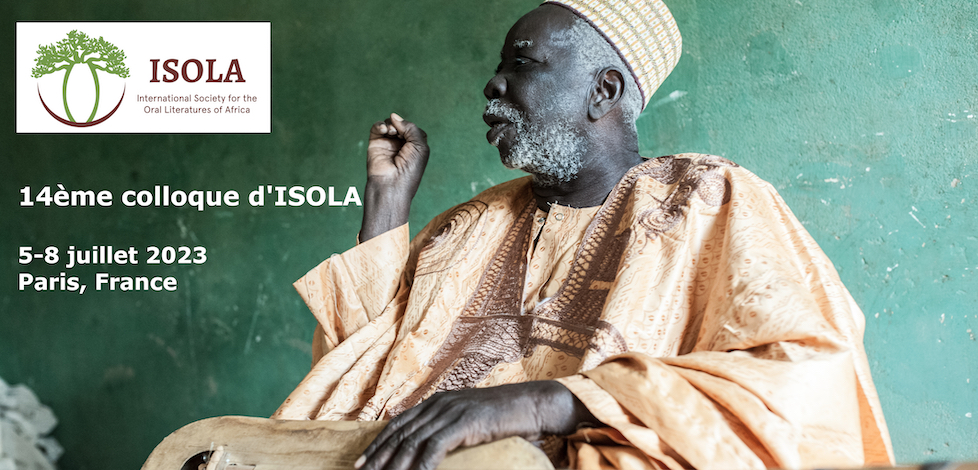This paper addresses the theme of the 14th ISOLA colloquium, "Humans and Non-Humans in the Speech Arts in Africa. Environmental Narrativities and Poetics at the Dawn of the Climate Crisis" from the perspective of the relationship between folkloric representation of politicians as animals in everyday speech, social media and cultural production on the one hand, and the failure of political leadership and politics of illusion on the other.
Everyday life in contemporary Nigeria has been marked by the “animalization” of politics in ways that reframe both the folkloric tradition that uses animal characters in narratives while reinterpreting the Aristotelian maxim that "Man is by nature a political animal," and that “when devoid of virtue man is the most unholy and savage of animals.” The centrality of animal imagery to understanding Nigeria's politics of illusion is further highlighted by former Nigerian President, Olu Obasanjo, in his biography, This Animal Called Man (2009). Frustrated by the cyclical failure of political leadership and the banality of literal narrative protocols to capture these, Nigerians have taken to social media to negatively profile their leaders as various animals with less than flattering features. So dominant has this pattern become that Franz Kafka's metaphoric narrative of the human condition, Metamorphosis, could easily have been set in Nigeria with Gregor Samsa waking up and finding himself transformed into a gigantic insect. Examples of this practice of transforming their leaders into animals in the digital public sphere include Nigeria's infamous dictator General Sani Abacha who was re-imagined as a stubborn grasshopper; President Olusegun Obasanjo who was often portrayed as an ape; President Shehu Musa Yar'Adua who was represented as a chimera—part tortoise, part human; Goodluck Ebele Jonathan who was portrayed as a goat; and current President Muhammadu Buhari who has been associated with a dog.
My proposed paper seeks to examine the recurrent animalization of political leaders in digital discourses using theories of folklore, myth, media, popular cultural representation and production. The paper will explore the animalization of politics and politicians in Nollywood films such as Stubborn Grasshopper and relate these to lycanthropy and Bastian's (2001) thrilling focus on the subject, as well as to Loughnan et al's (2012) theorizing in their fascinating study titled “The Meat Paradox: How Are we Able to Love Animals and Love Eating Animals?” I argue that against the backdrop of climate crisis and the threat to certain animals in a continent popular for animal Safaris, such insidious everyday speech and subterranean media representation of political leaders as animals in Africa will increasingly provide alternative critiques of the political elite and project everyday people's imagining of a better political future and environment for the continent.

 PDF version
PDF version
